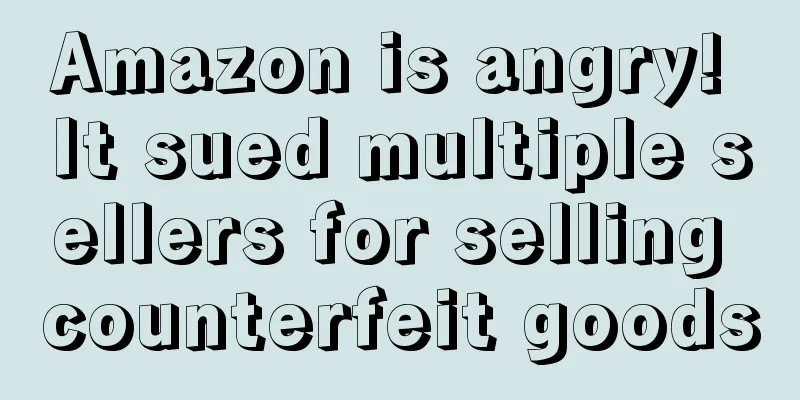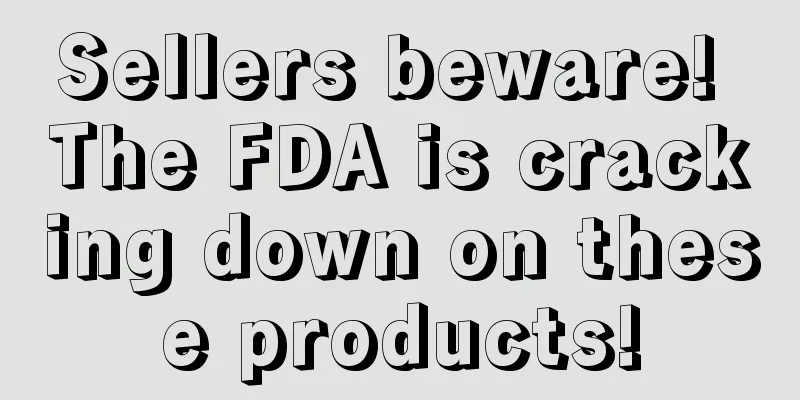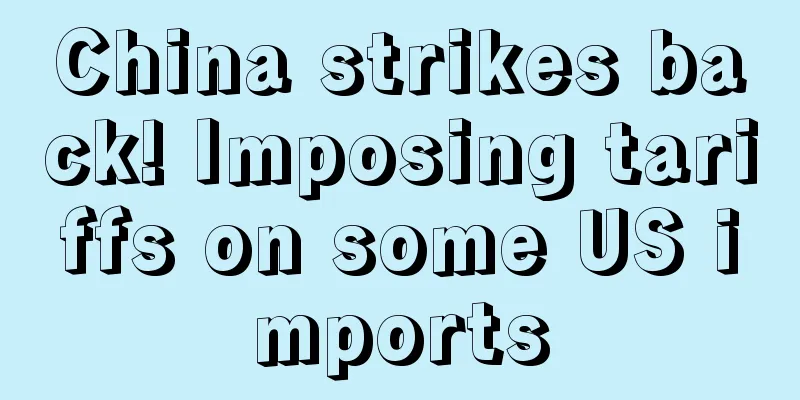|
The word " fake " always leaves an indelible shadow in the mind of every buyer. Even many sellers will be terrified when they hear it. Crowded into the subway, every one is a socialite carrying a Chanel bag . But if you look closely, the Chanel logo seems a little different . According to the 2020 China Second-hand Luxury Goods Industry Analysis Report, the authenticity rate of luxury goods in the overall Chinese market is only 33.6% , among which Michael Kors, the brand with the lowest authenticity rate, is only 16.5%. Amazon is already plagued by counterfeit goods Counterfeit and shoddy products have long been prevalent on e-commerce platforms around the world. For example, Amazon, where most cross-border sellers are, also has many counterfeit products. However, most of these counterfeit products come from Amazon's third-party platforms. Earlier statistics showed that in the fourth quarter of 2018, third-party sellers on Amazon accounted for more than half of the sales of goods on the entire platform, reaching 52% . According to Statista statistics, from the second quarter of 2013 to the third quarter of 2018, the sales share of third-party sellers on the Amazon platform increased from 40% to 53% . In January last year, an author of The Atlantic wrote an article about how he spent $925 on a fake "Canada Goose" on Amazon: After I clicked to confirm the order, I received an email: My Canada Goose is being shipped from Singapore and will pass through Hong Kong, China. Isn't Canada Goose produced in Canada? Later I found out that the name of this merchant is not Canada Goose, but a store called Greg Adamserft. There are three reviews in the store, all of which are negative. Moreover, more than one buyer said that the Canada Goose products sold in this online store are fake. Amazon is taking strong measures to crack down on counterfeiting. No one can escape Some time ago, Amazon sued several internet celebrities for "selling fake goods under the guise of genuine goods" and was suspected of helping third-party sellers promote counterfeit luxury goods. Kelly Fitzpatrick, a well-known KOL on social networking sites, joined the Amazon Associates program on November 23, 2019. KOLs can promote Amazon products through links, and after customers purchase through recommendations, KOLs can receive corresponding referral fees . In March 2020, Amazon warned Kelly that she was suspected of promoting counterfeit goods and was removed from Amazon's affiliate program. However, the influencer continued to promote his fake products on Facebook, Instagram, and Tik Tok, and directed his fans to buy fake products on third-party platforms on Amazon... He even created a "code to buy fake products" just to evade Amazon's censorship . I am still speechless seeing this. This internet celebrity treats her own fans as leeks to be harvested. I really feel sorry for her fans who mistake a liar for an idol! On July 16, 2020, investigators discovered that Kelly had posted a new advertisement on her Instagram account, claiming that " the Dior Princess Diana bag in the picture can be obtained for $31.99 ." The investigators followed the link embedded in the social media and were transferred to the corresponding third-party seller on Amazon to place an order for a handbag without the Dior logo. Two months later, the investigators received a counterfeit handbag with the Dior logo. I'm speechless. Looking at the quality, people who don't know would think it's made from old clothes!
Amazon's legal team did not initiate criminal prosecution. Amazon mainly seeks a court order to permanently prohibit Kelly and related third-party sellers from opening vendor accounts, selling or promoting products on Amazon . Amazon also requires Kelly to pay the company for the economic losses that may be suffered due to her actions, including related legal fees . Is it a blessing or a curse to sell luxury goods on Amazon? Affected by the epidemic in 2020, the global luxury market will shrink by 20-35%. In an uncertain environment, global luxury brands are developing omni-channel sales to make up for the losses of offline stores due to social distancing . For example, on Tmall.com in China, you can see official stores of Cartier and Buberry, but compared with Amazon, this is still a small matter. Amazon's luxury goods market has achieved amazing results! According to eMarketer, Amazon accounts for about 30% of the US$122 billion fashion market . However, the e-commerce giant's history of collaboration with big or designer brands is not ideal. In 2019, Nike announced that it would stop selling directly on Amazon, ending a pilot project launched in 2017. Nike said that the "breakup" was due to the company's preference to develop its own e-commerce platform and establish a more personal and direct relationship with customers, but the outside world believed that Nike's withdrawal was also a silent complaint against the rampant counterfeits on Amazon . Amazon had invited LVMH to join the company in the past few years, but was rejected by the company's chairman, Arnault. LVMH is also the parent company of the Dior brand mentioned in the above indictment... It has to be said that Amazon’s anti-counterfeiting campaign this time can be said to have given consumers a chance to vent their anger, and it has also served as a reminder to many sellers: Never sell counterfeit goods on Amazon!
(Source: Cross-border Black Technology)
|










